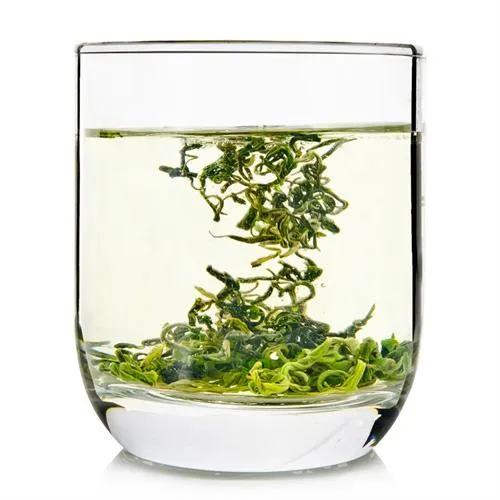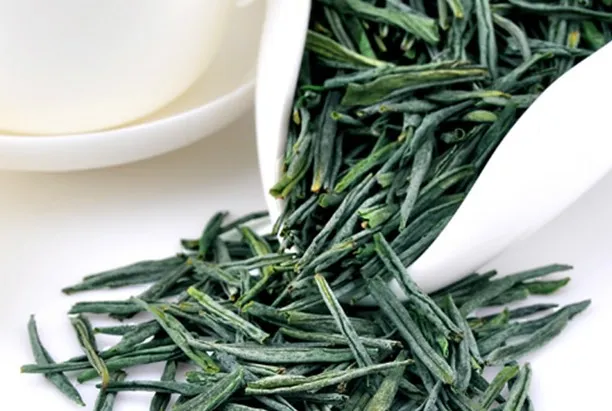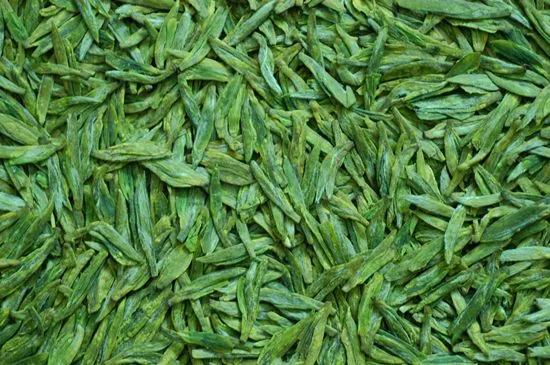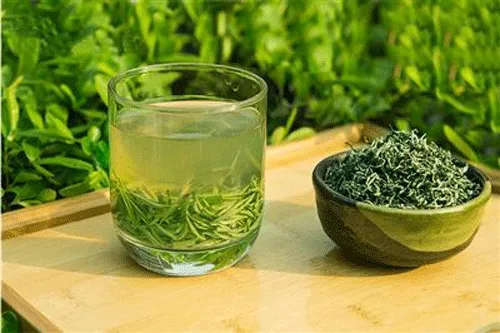简单介绍我国的茶文化英文
Chinese tea culture has a long history and plays a significant role in the country's traditions, customs, and daily life. Tea is not only a popular beverage, but also a symbol of Chinese hospitality, friendship, and social harmony. In this article, we will explore the essence of Chinese tea culture and its various aspects.
History of Chinese TeaThe history of Chinese tea can be traced back over 4,000 years ago. It is believed that tea was first discovered by the legendary Chinese Emperor Shennong, who accidentally brewed leaves from a wild tea plant. Since then, tea cultivation and consumption have spread throughout the country. Tea became an integral part of Chinese culture during the Tang Dynasty (618-907) and Song Dynasty (960-1279), and it gained even greater popularity during the Ming Dynasty (1368-1644) and Qing Dynasty (1644-1912).

China is renowned for its wide variety of teas, each with its unique flavor, aroma, and health benefits. Some of the most famous types of Chinese tea include green tea, black tea, oolong tea, white tea, yellow tea, and pu-erh tea. Green tea, such as Longjing and Bi Luo Chun, is the most widely consumed type in China and is known for its refreshing taste and numerous health benefits. Black tea, such as Keemun and Dian Hong, has a stronger flavor and is often enjoyed with milk or sugar. Oolong tea, like Tie Guan Yin and Da Hong Pao, is semi-fermented and offers a balance between green and black tea. Each type of tea has its own brewing techniques, serving rituals, and cultural significance.
The Art of Tea CeremonyIn Chinese culture, the art of tea ceremony is highly respected and cherished. It embodies principles of harmony, tranquility, and mindfulness. Traditional tea ceremonies involve meticulous steps, from selecting the right tea leaves to serving the brewed tea in elegant tea sets. Gongfu tea ceremony and Cha Dao are two well-known tea rituals in China. Gongfu tea ceremony focuses on the skillful preparation and presentation of tea, while Cha Dao emphasizes the spiritual connection between the tea practitioner and nature. These tea ceremonies not only enhance the enjoyment of tea, but also provide a platform for social interaction and cultural exchange.
- 上一篇:探索茶文化的历史与魅力
- 下一篇:茶与校园:品味文化之美








